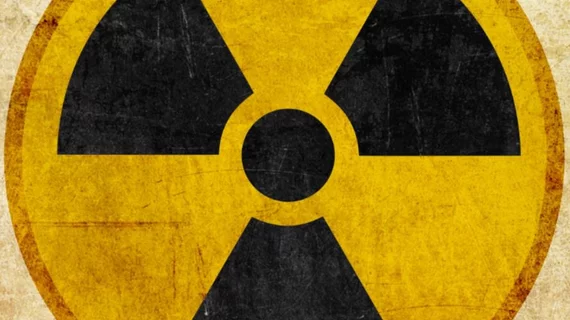Experts want Ontario to change law forbidding cremation of bodies treated with radioactive therapy
In Ontario, Canada it is illegal to cremate a patient who has received the radiation treatment brachytherapy. Radiation experts are now calling on the province to change the law, according to a report by CBC News.
Brachytherapy involves permanently implanting tiny radioactive seeds in a particular area of the body in an effort to attack cancer cells. The treatment, depending on the patient, can be among the most effective and least demanding cancer treatments.
The radioactive isotopes involved have a 60 day half-life, reducing their radioactivity by half every two months, CBC reported. At two years, no precautions need to be taken.
However, the outdated legislation, as some experts describe it, is causing patients to forgo the therapy, and in at least one case a family could not cremate their father because of such regulations.
"It means that a fairly large group of people that have end-of-life plans that include cremation … are now not getting the best therapies that they might need," said Curtis Caldwell, chief scientist at the Radiation Safety Institute of Canada, to CBC News. "I think if the politicians involved were aware of the issue, they would probably agree with trying to get this changed.”
A similar situation emerged recently, when radioactive material was found on equipment in an Arizona crematorium, which was then traced to a man previously treated with radiopharmaceuticals. The story garnered so much attention the American College of Radiology and American Association of Physicists in Medicine released a statement on the matter.
Read the entire CBC News story below.

